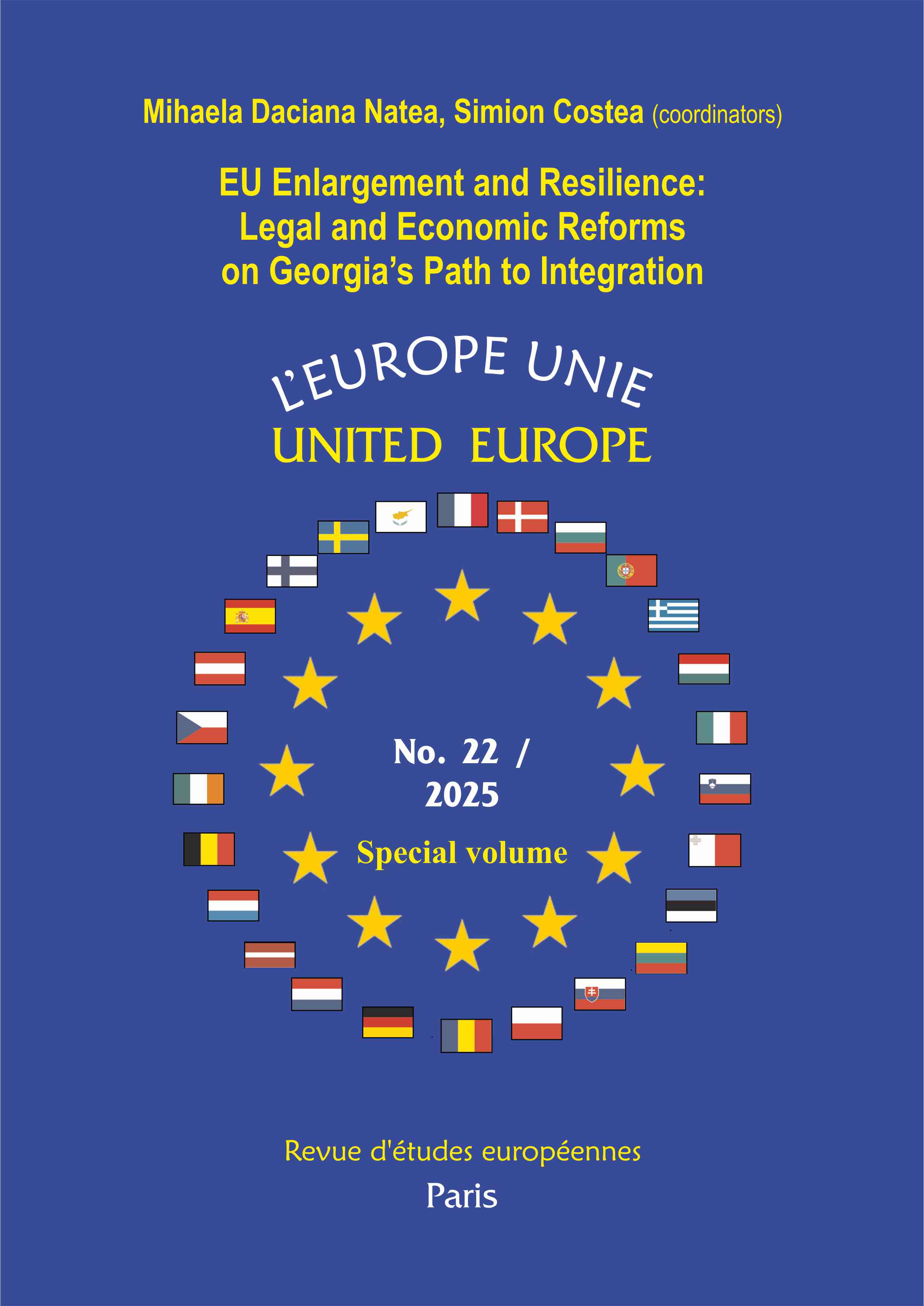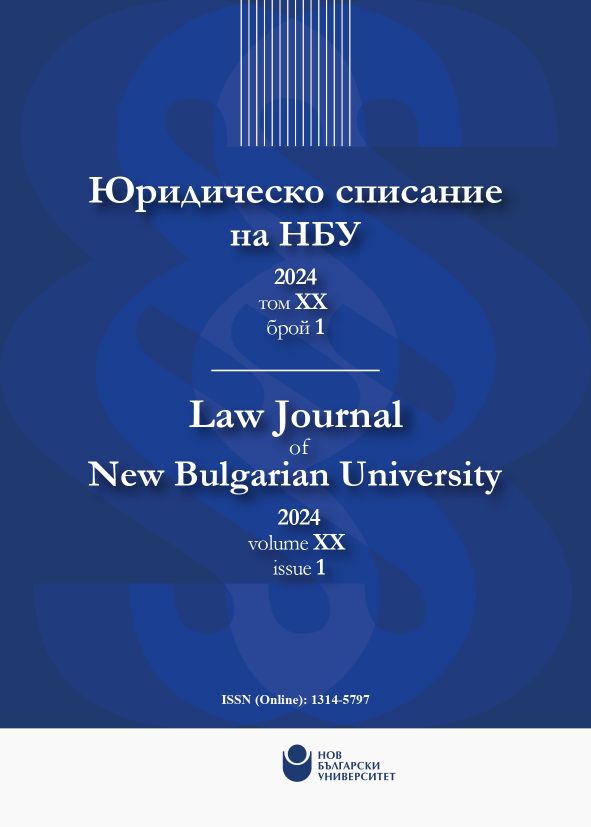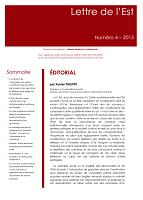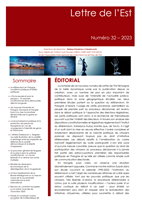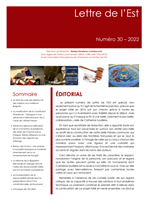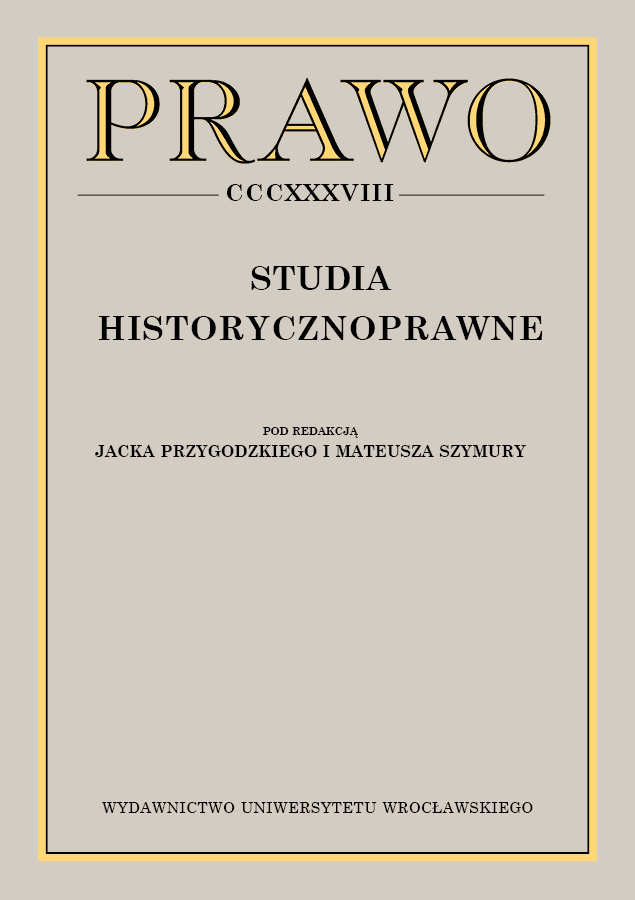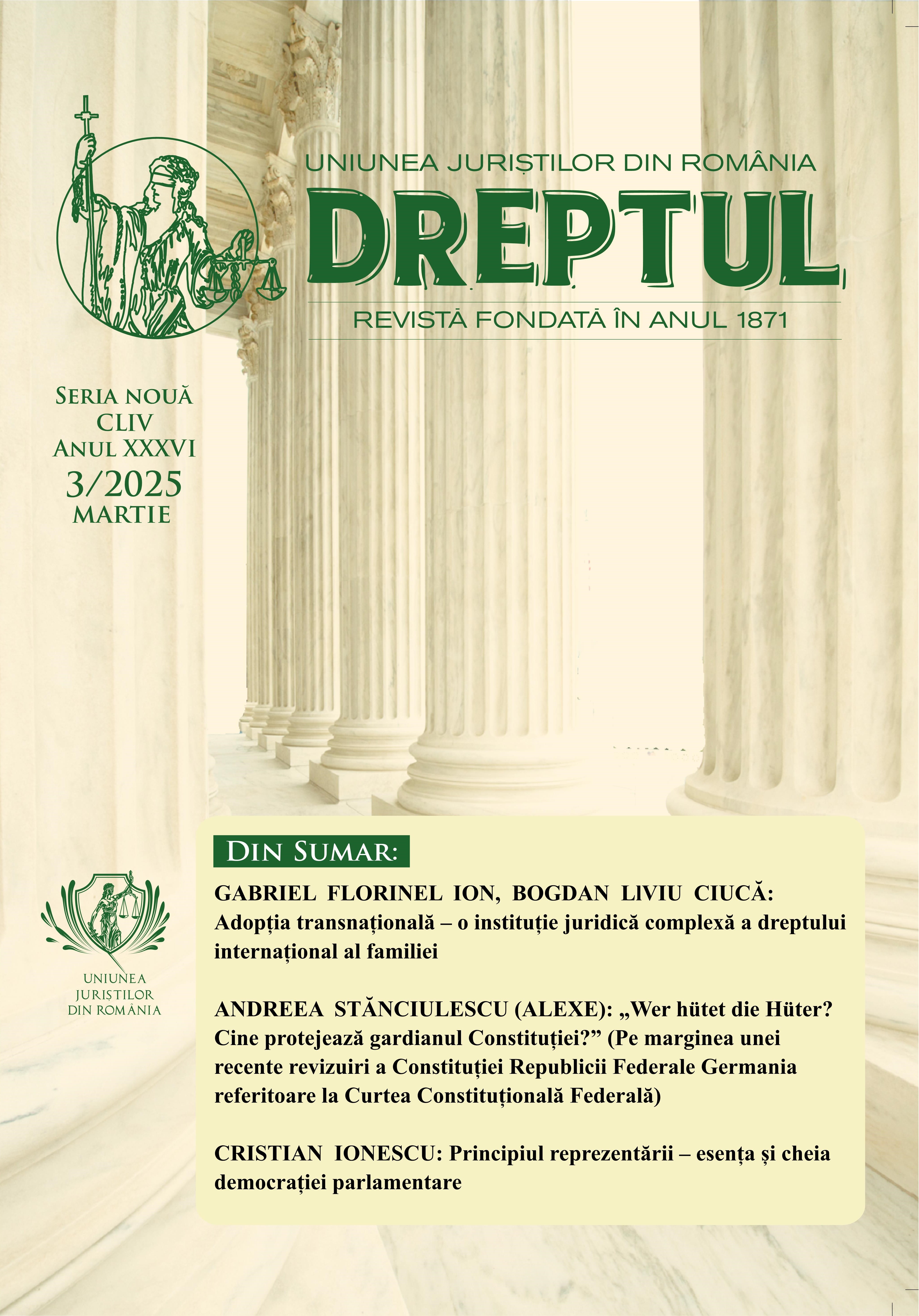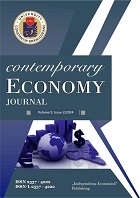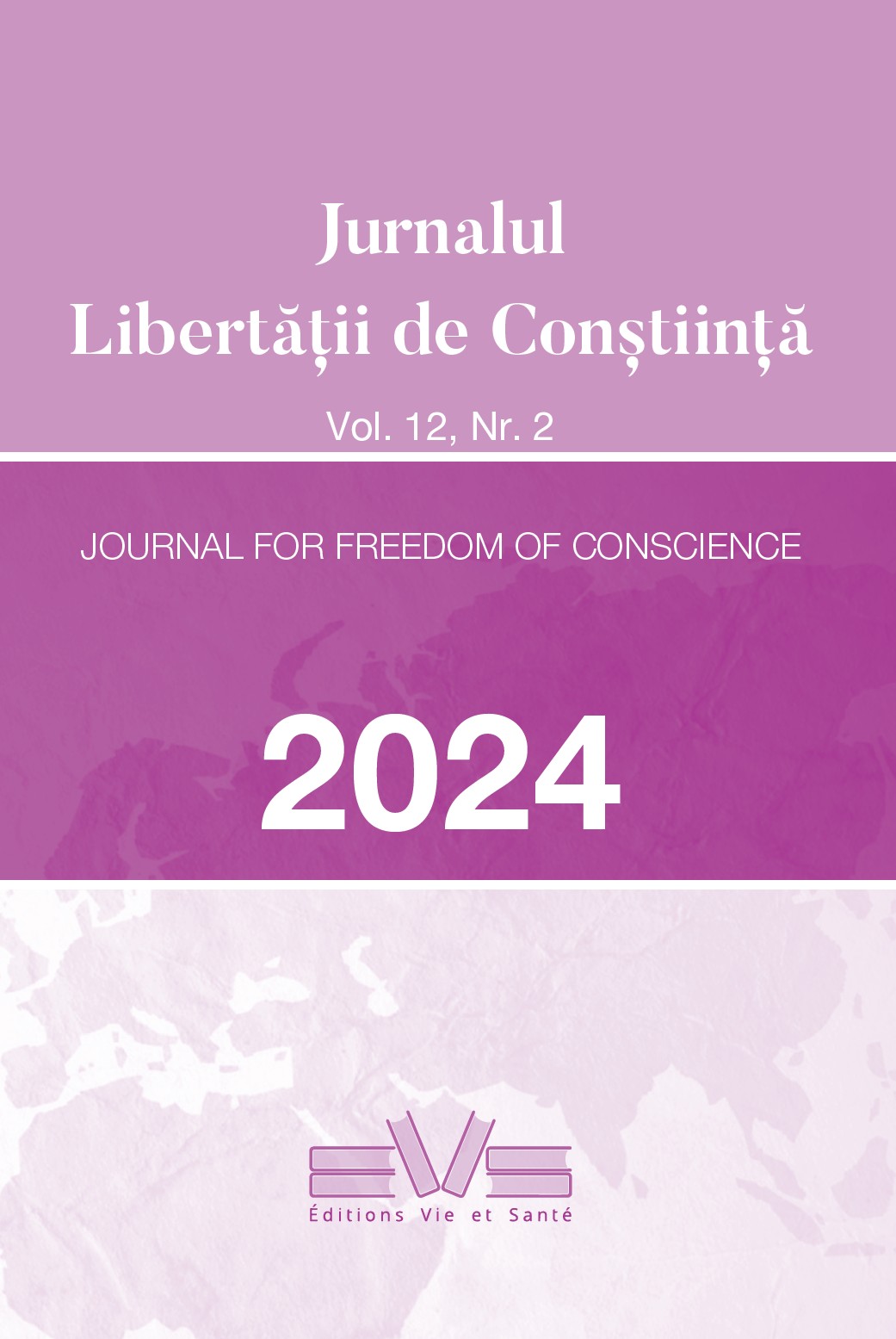
ASPECTE PRIVIND PROTECȚIA PROPRIETĂȚII INTELECTUALE PENTRU PREDICI
The transition of religion from small groups or from the first tribes, with beliefs in supernatural aspects, to the organized religion related to larger populations, which developed on the consideration of ensuring a means of organizingsocial and economic life, created spiritual leaders who, invoking divine authority , justified the existence of political authorities. The historical context of copyright in religious texts dictated by spiritual leaders is complex, reflectingthe cultural and legal evolution of religious beliefs with the invention of writing approximately 5000 years ago (3000 BC) in Near Eastern societies. Originally, copyright was explicitly applied to religious works because they were often considered public. With the development of modern copyright, religious texts began to be protected, especially in the forms externalized through „written works” and published. The Berne Convention played a crucial role in recognizing copyright in literary works, including religious works, eliminating the need for explicit indication of copyright protection. This change has ensured the development and interpretation of religious texts explained through the sermon, as well as all original religious texts that are recognized as valuable intellectual works that benefit from legal protection.
More...
